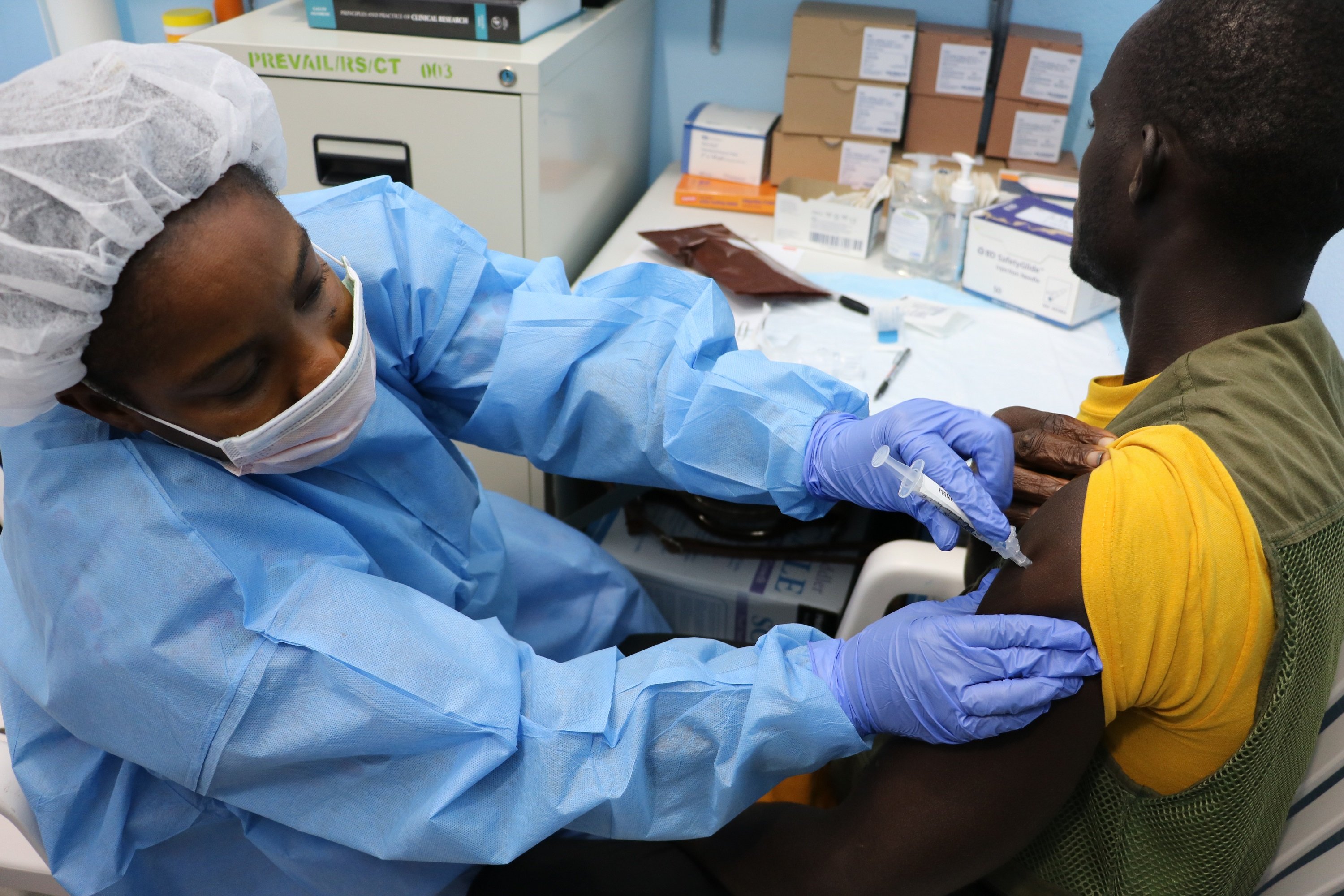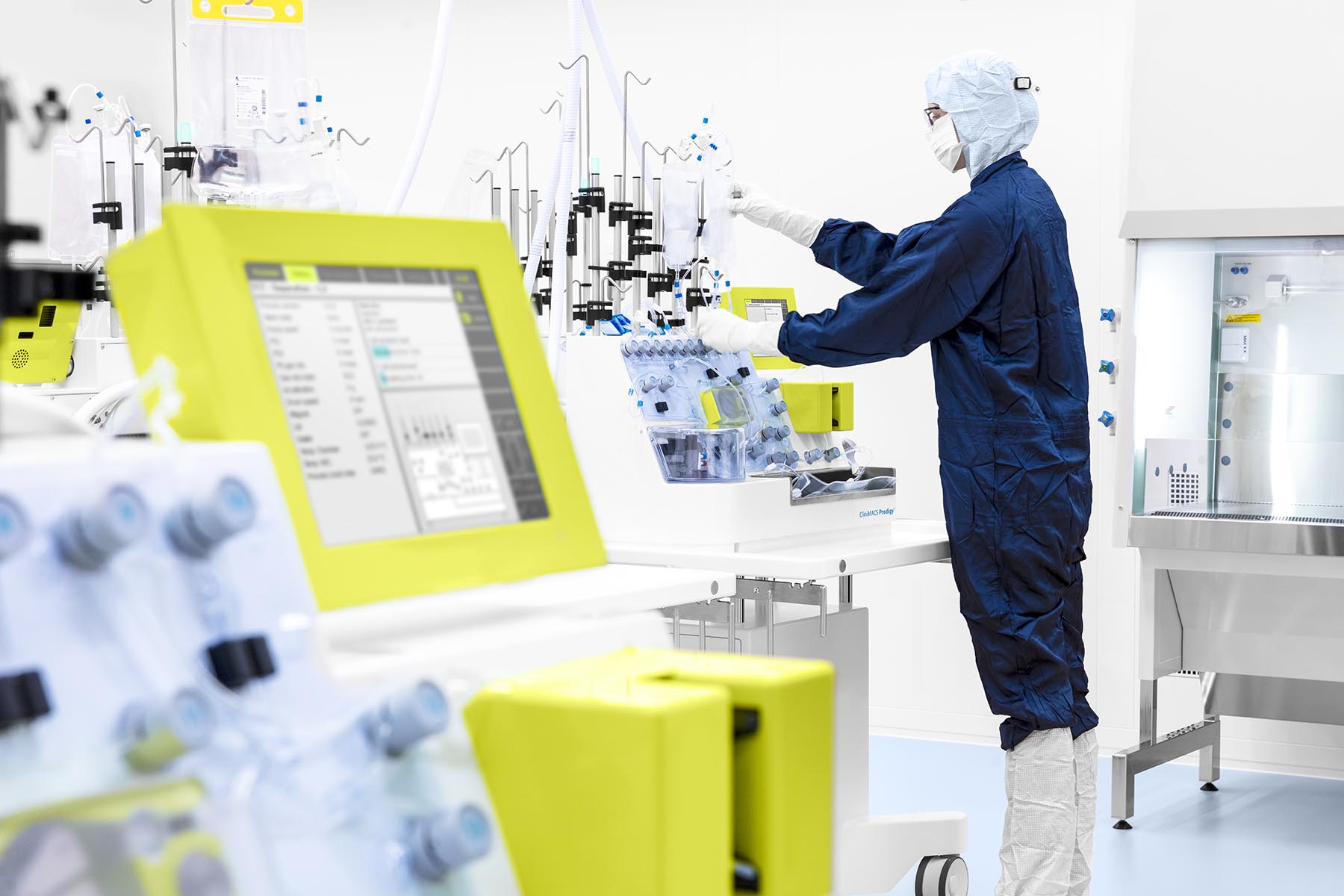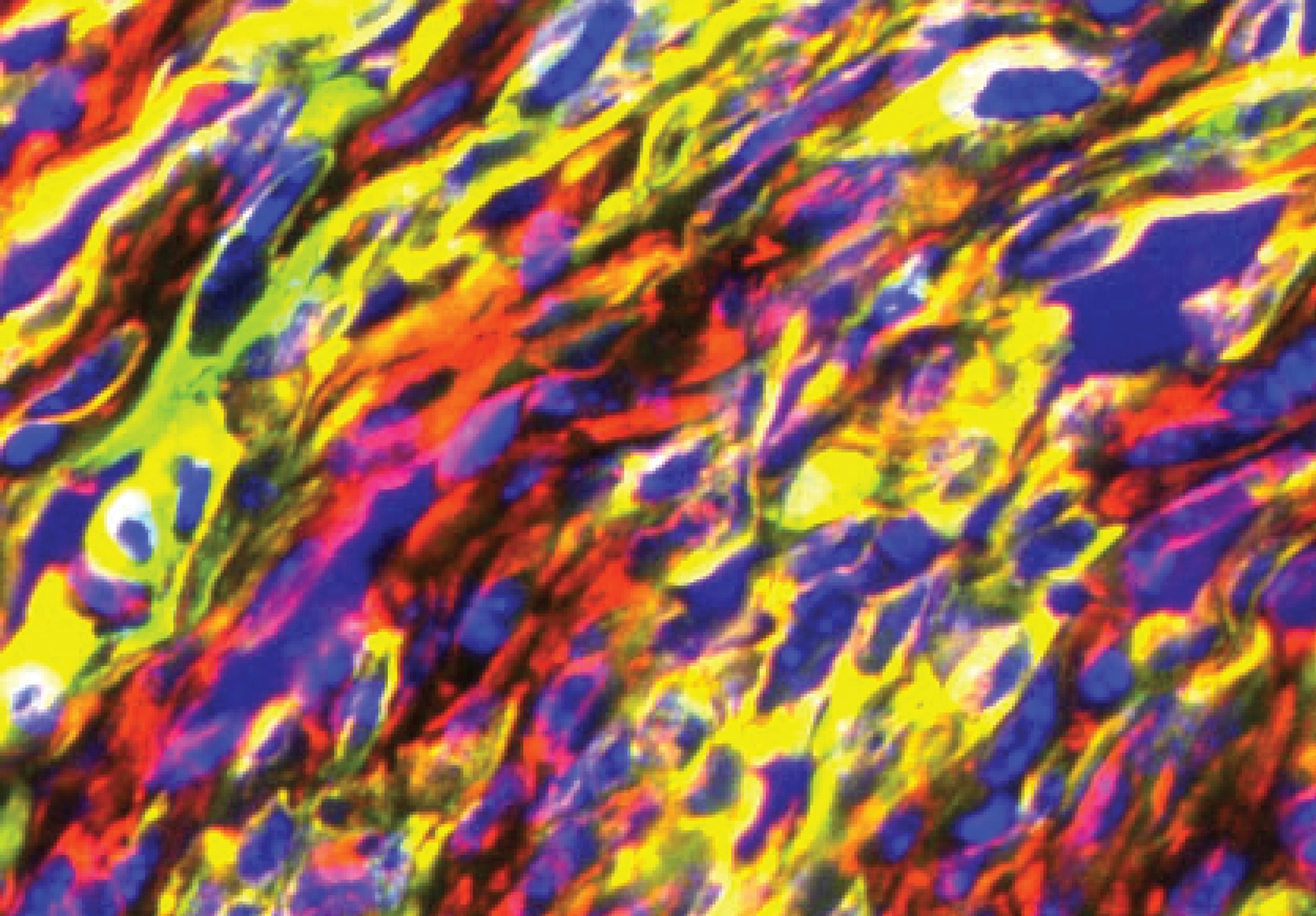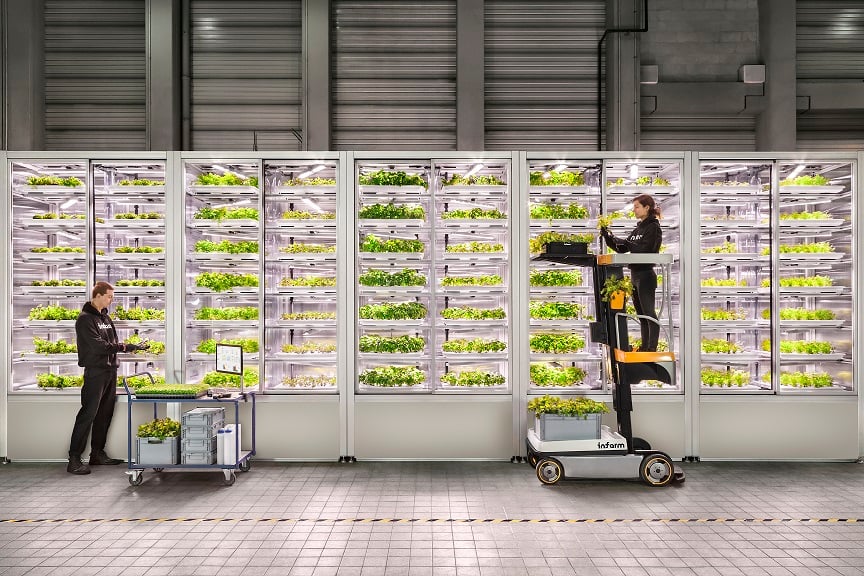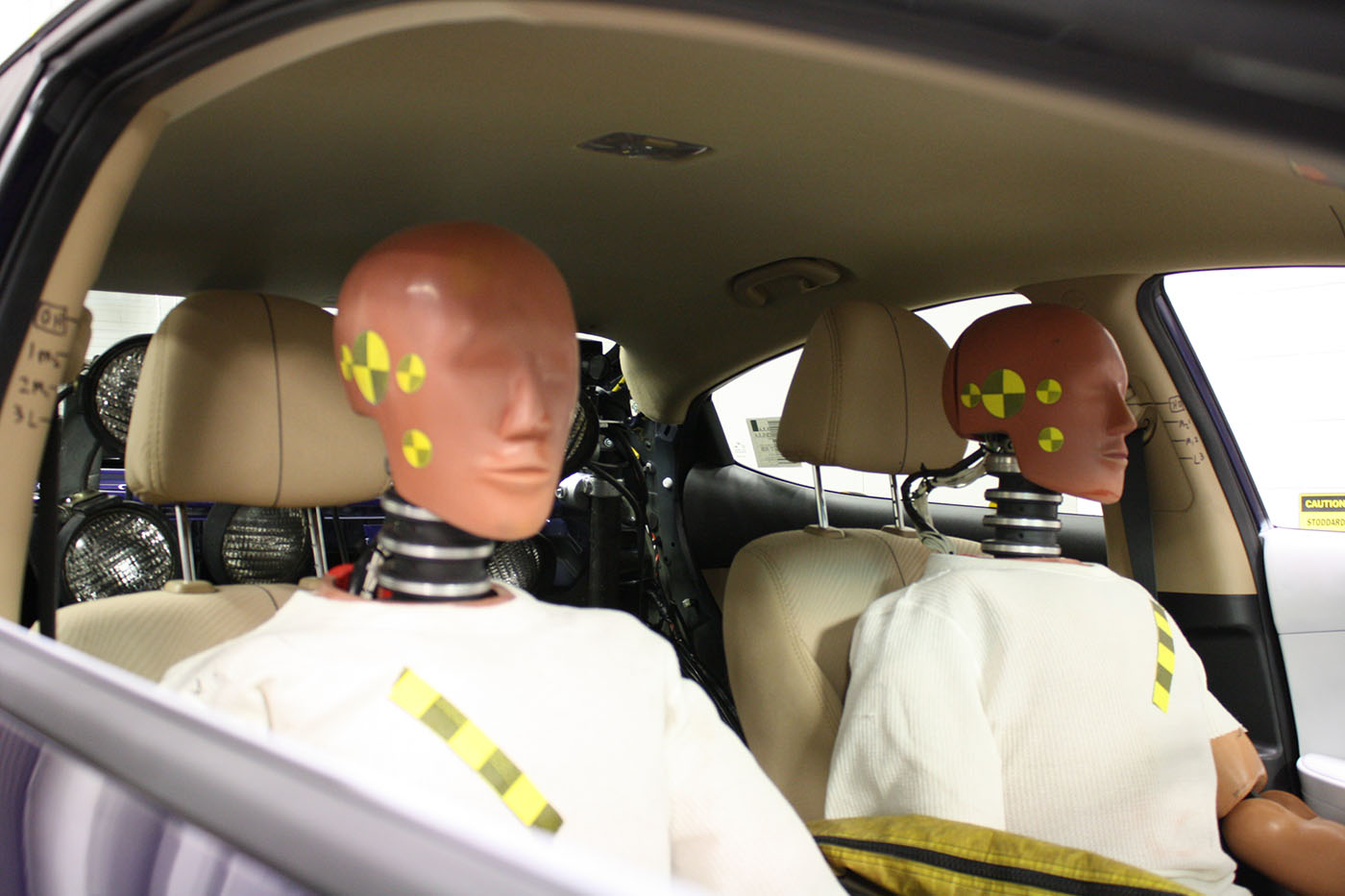Ebola outbreak – this time it’s different
by Gary Finnegan Lessons learned from past Ebola epidemics are helping to combat a fresh outbreak in the Democratic Republic of Congo (DRC). Investing in new vaccines, diagnostic tests and laboratories is paying off as expert networks spring into action. A new Ebola epidemic in the DRC has killed at least 28 people since April … Read more

